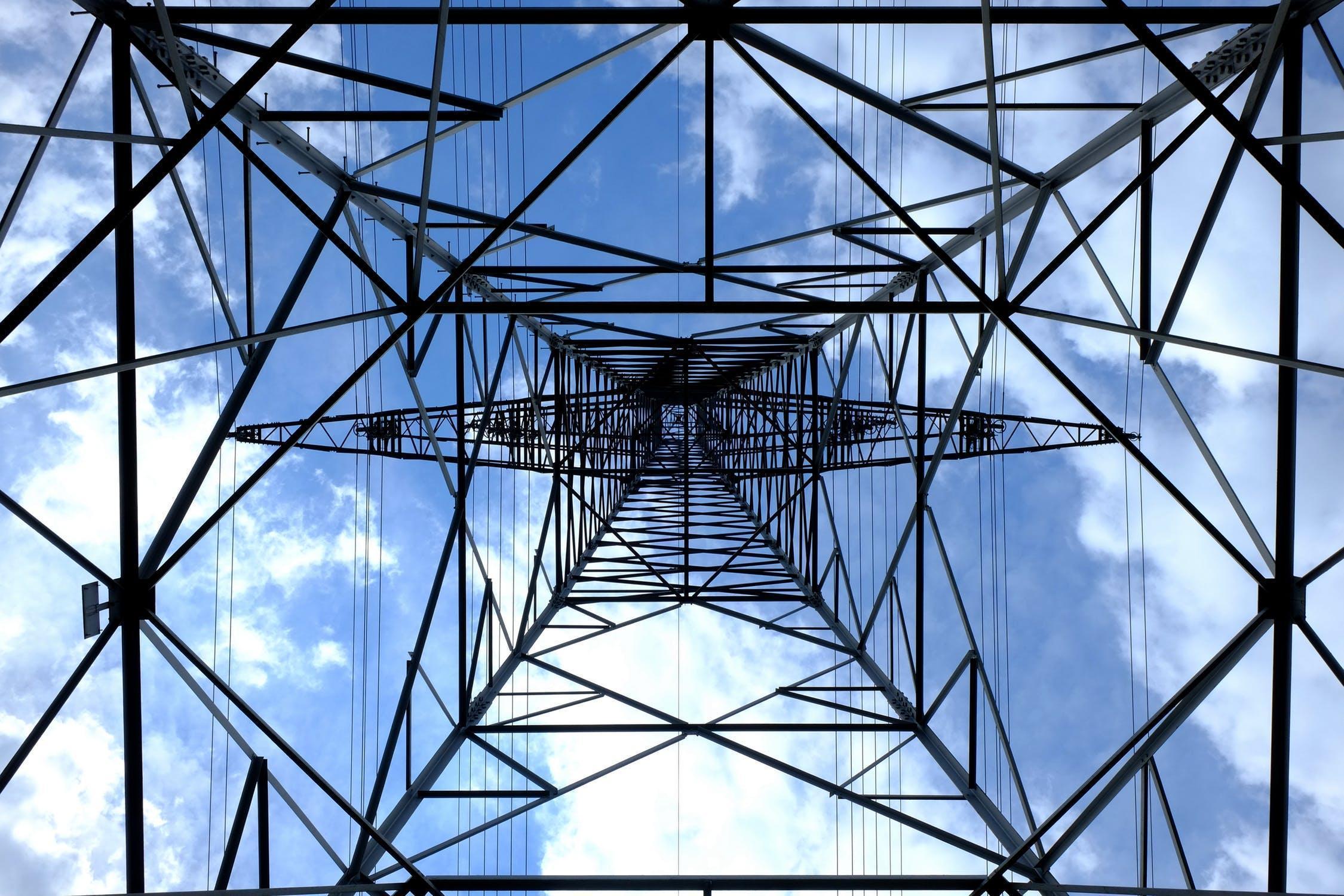The question seems incongruous. Why should we ask it? It seems to me more and more necessary to accelerate the energy and / or ecological transition: for that, innovation and changes are necessary. It is therefore essential to understand the necessary favorable conditions, in order, if necessary, to bring them together in a voluntary and organized manner.
Let’s face it: innovation is not natural; it is a way to find solutions to get out of an urgent or, at least, uncomfortable situation or to improve solutions that are not ideal.
Let’s look at the European energy landscape:
Among the energy suppliers, the few dominant players, ie with more than 70% of market share, often adopt a defensive strategy, delaying the success of their competitors and anchoring, within their own organization, a feeling of domination and invincibility. What may be the reason to innovate since customers will continue to give preference to continuity, to a known actor, whom they trust?
In front of such a dominant player, a “small” player must innovate even if his innovation is not always recognized by the market.
When the market is not dominated by an actor, several suppliers of close size cohabit. For them, the liberalization of the market was not only synonymous with the emergence of new actors, unknown until then; it has also led actors, yesterday neighbors recognized on their own land, to come and “hunt” on their territory. They must therefore differentiate, to keep their position and their image, and for that, innovate. Not surprisingly, Eneco (Netherlands) and Centrica (UK), historically active in non-concentrated markets, stand out. It can be argued that Engie and Enel come from highly concentrated markets: their global ambition, the experience gained in more open markets, far from their base, pushes them to innovate. But in their heartland, their life is not a long calm river and the sense of urgency is not spontaneous within their workforce.
Why should the situation of a network operator, a regulated actor, be uncomfortable? In no way unless exogenous factors create discomfort!
For them, there is no competition but stimulation by comparison: is it nice, in a country like Germany, Switzerland or Austria, to be blamed as the network operator with the worst reliability? Is it comfortable to present oneself to one’s clients with such an image? Obviously no! Being a leader in performance, and recently, innovation, can fuel virtuous dynamics internally and vis-à-vis customers.
In a concentrated market, however, the leader has more resources, since he can have more customers, therefore, turnover. However, it does not innovate under the pressure of the market but under that of the shareholders, that is to say in most cases policies. Innovation is imposed on him; it is rarely conducted successfully.
The existence of ultra-dominant suppliers is gradually fading away: Anyway, the landscape of offerings is not yet clear everywhere for consumers. It will take a while longer.
But, as far as the distribution system operators are concerned, should we not, in the concentrated markets, organize a first level of fragmentation and decentralization, like the Netherlands, Great Britain, the United Kingdom, Austria or Finland? Would not this dynamize the innovation of actors who are the main vectors or catalysts of energy transitions?
Or, failing to adapt the market structure, should we not organize a European benchmark, create a European network operators’ podium, to stimulate all stakeholders and push them to consider what is best in neighboring countries?
Click here to read other articles of the same author.



Leave your comments
Post comment as a guest